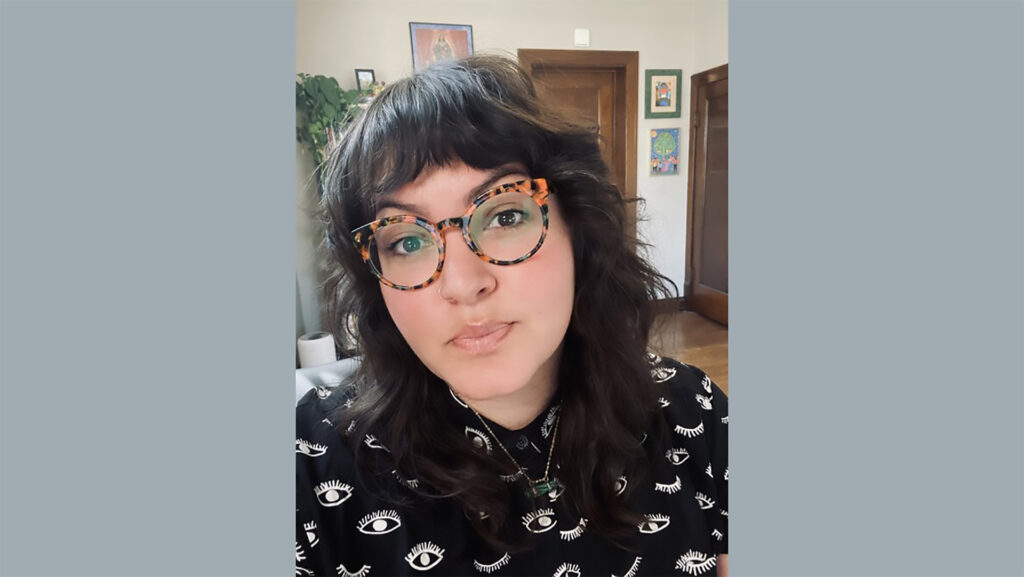PIKSI 2022 | Emma Velez, “Assembling Decolonial Feminist Survival Kits, or Decolonial Feminist Lessons for Surviving Academic Philosophy”
As part of the 2022 PIKSI-Rock Public Lecture Series, Emma Velez will present “Assembling Decolonial Feminist Survival Kits, or Decolonial Feminist Lessons for Surviving Academic Philosophy.”
Abstract: Despite remaining the most white, male, cis-heternormative discipline in the humanities, the interventions of BIPOC, queer, trans, feminist, and other diverse practitioners of philosophy over the last several decades are continuing to gain traction in more main-stream circles of the discipline. However, less spoken of are the colonial inheritances embedded within philosophy’s institutional life and its attendant norms and forms. In this paper, Velez brings the insights of Latinx decolonial feminisms to bear on philosophy’s “diversity problem.” In particular, they utilize Sarah Ahmed’s notion of feminist killjoy survival kits to develop an account of what Velez terms decolonial feminist survival kits. Velez shows how the tools that fill my own decolonial feminist survival kit— such as hometactics, the decolonial imaginary, and a decolonial attitude— can be helpful tools for diverse practitioners of philosophy who seek to confront philosophy’s colonial inheritances.
The lecture is open to the public, but advance registration is required.
Emma D. Velez is an assistant professor of Gender & Women’s Studies and affiliate faculty for Latina/Latino Studies, the Center for Latin American and Caribbean Studies, and the Unit for Criticism and Interpretive Theory at the University of Illinois, Urbana-Champaign. Her research interests include Latinx feminisms, BIWOC feminisms, feminist theory, decolonial theory and critical philosophy of race. They regularly teach courses on Latinx feminisms and feminist theories and methods and are currently working on a book project tentatively titled, Orienting Historias: Unraveling the Coloniality of Gender through Las Tres Madres.
